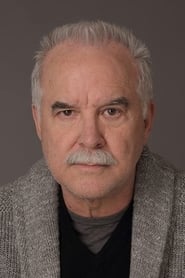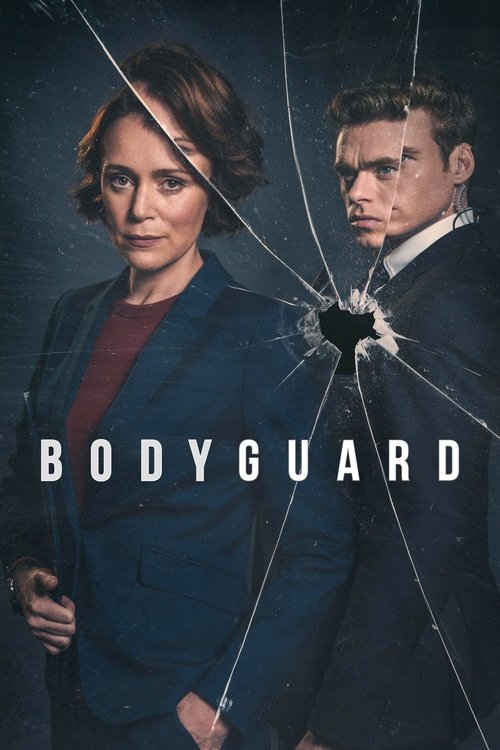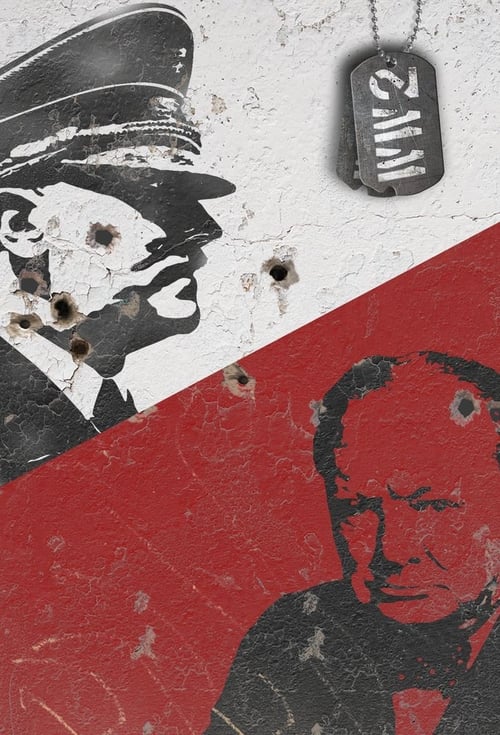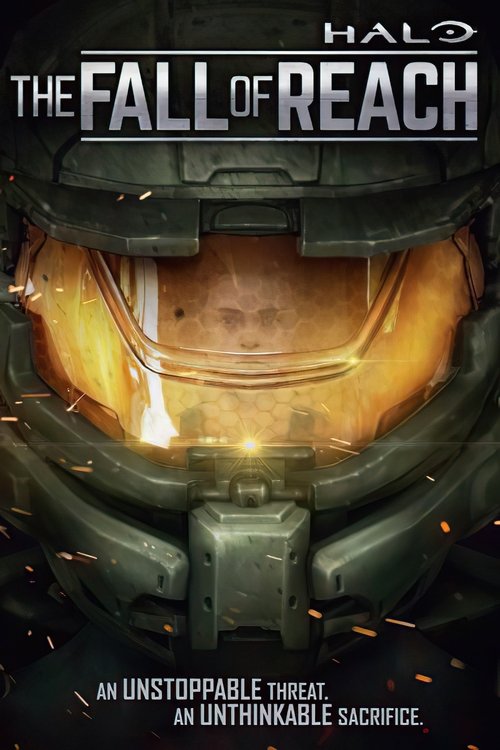
Ask Your Own Question
What is the plot?
In the episode "Party Lines," the story begins with President Tom Kirkman preparing for a bipartisan event at the White House. He is eager to foster cooperation between the two parties, especially after the recent tensions in Congress. As he discusses the event with his Chief of Staff, Emily Rhodes, he expresses hope that it will help bridge the divide. However, Emily is concerned about the potential backlash from both sides, given the current political climate.
As the event unfolds, Kirkman is met with skepticism from both Republican and Democratic leaders. The atmosphere is tense, and the President tries to maintain a positive demeanor while addressing the crowd. He delivers a speech emphasizing unity and collaboration, but the reactions from the attendees are mixed, with some openly skeptical of his intentions. This sets the stage for the challenges he will face in trying to bring the parties together.
Meanwhile, Agent Hannah Wells is investigating the conspiracy surrounding the assassination attempt on Kirkman. She uncovers new leads that suggest a deeper connection between the attack and a powerful political figure. Her determination to find the truth drives her to confront various individuals, including a key informant who provides her with crucial information about the conspiracy. This subplot runs parallel to Kirkman's efforts, highlighting the stakes involved in both the political and personal realms.
As the event progresses, Kirkman faces a significant challenge when a scandal involving a Republican senator emerges. The senator is caught in a compromising situation, and Kirkman must decide whether to publicly support him or distance himself to maintain his own political standing. This decision weighs heavily on him, as he understands the implications it could have on his presidency and the fragile alliances he is trying to build.
In a pivotal moment, Kirkman chooses to stand by the senator, believing that it is essential to uphold party unity. This decision is met with mixed reactions from his staff and the public. Emily expresses her concerns about the potential fallout, but Kirkman remains resolute, convinced that this is the right path to take. His commitment to bipartisanship is tested as he navigates the complexities of political loyalty and personal integrity.
As the episode progresses, tensions rise when a protest erupts outside the White House, fueled by the senator's scandal. Kirkman is forced to address the situation head-on, and he delivers an impromptu speech to the protesters, attempting to quell their anger and reaffirm his commitment to transparency and accountability. This moment showcases his vulnerability as a leader, as he grapples with the reality of public opinion and the challenges of his role.
In the climax of the episode, Hannah's investigation leads her to a confrontation with a key player in the conspiracy. She finds herself in a dangerous situation, where she must use her skills to escape and gather evidence that could expose the truth behind the assassination attempt. The tension is palpable as she navigates through a series of close calls, showcasing her resourcefulness and determination.
The episode concludes with Kirkman reflecting on the events of the day. He realizes that the path to unity is fraught with challenges, but he remains committed to his vision of a collaborative government. Meanwhile, Hannah's discoveries hint at a larger conspiracy at play, setting the stage for future conflicts and revelations. The intertwining narratives of political struggle and personal sacrifice leave the audience with a sense of anticipation for what lies ahead.
What is the ending?
In the ending of "Party Lines," President Tom Kirkman faces a critical moment as he navigates the political fallout from a controversial bill. He ultimately decides to take a stand for his principles, leading to a tense confrontation with his political opponents. Meanwhile, the personal lives of the characters intertwine with their professional challenges, culminating in a moment of unity and resolve among Kirkman and his team.
As the episode unfolds, we see President Tom Kirkman grappling with the implications of a contentious bill that has divided the nation. The pressure mounts as he prepares for a press conference, where he must address the public's concerns and the backlash from both sides of the political spectrum. His internal conflict is palpable; he wants to do what is right, but he is also acutely aware of the political ramifications of his decisions.
In a pivotal scene, Kirkman meets with his Chief of Staff, Emily Rhodes, who urges him to consider the political consequences of his actions. Emily is torn between her loyalty to Kirkman and the reality of the political landscape. She knows that the bill could alienate key supporters, yet she also understands Kirkman's desire to lead with integrity. Their conversation is charged with emotion, highlighting the weight of leadership and the sacrifices that come with it.
As the press conference begins, Kirkman stands before the cameras, his demeanor a mix of determination and vulnerability. He addresses the nation, articulating his vision for unity and progress, despite the divisive nature of the bill. The tension in the room is thick as reporters press him for answers, and Kirkman's resolve is tested. He remains steadfast, emphasizing the importance of dialogue and compromise, even in the face of opposition.
Meanwhile, the subplot involving Kirkman's family adds another layer of complexity. His daughter, Alex, is dealing with her own challenges, feeling the strain of her father's presidency on their family life. In a heartfelt moment, she confronts him about the sacrifices they are all making, reminding him of the personal stakes involved in his political decisions. This exchange underscores the theme of family and the personal cost of public service.
As the episode draws to a close, Kirkman receives a mixed response from the public and his political allies. Some praise his courage, while others criticize him for his stance. However, he finds solace in the support of his team, including Emily and his advisor, Aaron Shore. They rally around him, reinforcing their commitment to his leadership and the values they stand for.
In the final scenes, Kirkman reflects on the challenges ahead, but there is a sense of renewed purpose. He understands that the road to progress is fraught with obstacles, yet he is determined to lead with integrity. The episode ends on a note of hope, as Kirkman and his team prepare to face the future together, united in their mission to serve the country.
In summary, the fates of the main characters are intertwined with the political landscape. President Kirkman emerges as a leader willing to take risks for his beliefs, Emily Rhodes remains a loyal ally, and Aaron Shore stands by Kirkman's side, ready to face the challenges ahead. The episode encapsulates the struggle between personal values and political realities, leaving the audience with a sense of anticipation for what lies ahead.
Is there a post-credit scene?
In "Party Lines," the sixteenth episode of Designated Survivor, there is no post-credit scene. The episode concludes without any additional scenes or content after the credits roll. The focus remains on the main narrative and character developments throughout the episode, wrapping up the storylines presented without extending into a post-credit moment.
How does the episode explore the relationship between Kirkman and his political opponents?
In 'Party Lines', the relationship between Kirkman and his political opponents is strained as they leverage the party divide to challenge his leadership. The episode delves into the personal and professional tensions that arise as Kirkman seeks to find common ground.
What political challenges does Tom Kirkman face during the party lines episode?
In 'Party Lines', Tom Kirkman grapples with the fallout from a controversial bill that has divided the political parties. He faces pressure from both sides as he tries to navigate the complexities of bipartisan support while maintaining his integrity as a leader.
How does Emily Rhodes' role evolve in this episode?
Emily Rhodes takes on a more prominent role in 'Party Lines' as she works to manage the political fallout and strategize ways to unify the party. Her dedication to Kirkman is evident as she balances her loyalty to him with the demands of the political landscape.
What is the significance of the party lines debate in relation to Kirkman's presidency?
The party lines debate serves as a critical test for Kirkman's presidency, highlighting his ability to lead and unite a fractured government. It showcases his struggle to assert his authority while also appealing to the needs and concerns of both parties.
What personal challenges does Tom Kirkman face in this episode?
Tom Kirkman faces personal challenges in 'Party Lines' as he deals with the stress of his presidency and the impact of political decisions on his family. His internal conflict is palpable as he balances his responsibilities as a leader with his role as a husband and father.
Is this family friendly?
In "Party Lines," the episode contains several elements that may be considered objectionable or upsetting for children or sensitive viewers.
-
Political Tension: The episode revolves around political maneuvering and the pressures of governance, which may be complex and difficult for younger viewers to understand.
-
Emotional Conflict: Characters experience significant emotional stress, including feelings of betrayal and anxiety, which could be intense for some viewers.
-
Mature Themes: The episode touches on themes of loyalty, power struggles, and the moral dilemmas faced by those in leadership positions, which may be heavy for younger audiences.
-
Confrontational Dialogue: There are moments of heated discussions and confrontations that may include strong language or aggressive tones, reflecting the high-stakes environment of politics.
-
Personal Relationships: The dynamics between characters can involve personal conflicts and ethical dilemmas that may be more suitable for older teens and adults.
Overall, while the episode does not contain explicit content, the themes and emotional intensity may not be ideal for a younger audience.


























